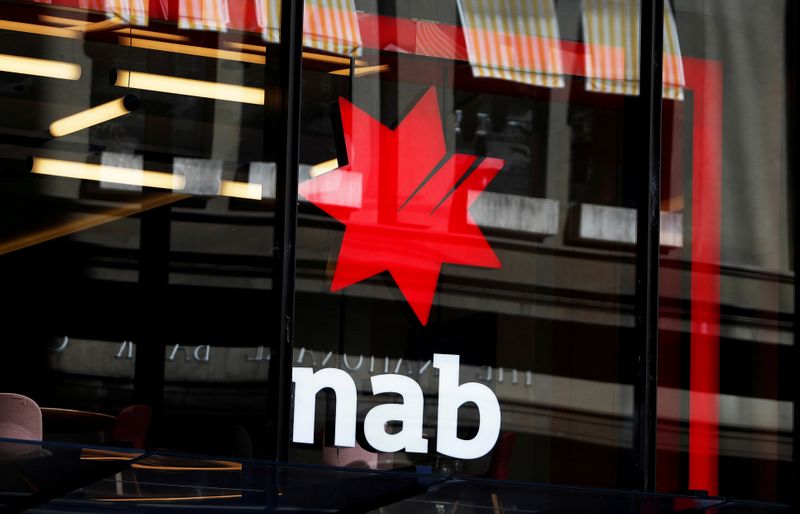By Pete Schroeder
(Reuters) - Australia's banking industry is reeling from a series of regulatory scandals. Here is a broad summary of the issues:
Why are major Australian banks in trouble?
Australian banks are still feeling the fallout from a year long government-led inquiry into the sector, which wrapped up in February. That revealed rampant wrongdoing across the industry, including fees charged to the accounts of dead people and bribes paid to win mortgage business.
The inquiry also found regulators had been too lenient in their oversight of banks, with reported misconduct often met with light penalties or left completely unpunished.
The government recommended overhauling how the nation's banks are regulated and executives are paid, and referred two dozen cases for possible legal action.
The nation's four largest banks - Commonwealth Bank of Australia (AX:CBA), Westpac Banking Corp (AX:WBC), Australia and New Zealand Banking Group (AX:ANZ) and National Australia Bank (AX:NAB) - have set aside over A$8 billion (£4.21 billion) to refund customers for overcharged fees, miss-sold products and non-compliant financial advice stemming from the probe.
In October, the Australian Competition and Consumer Commission (ACCC) announced it was considering a probe into competition issues in the retail banking sector, which is dominated by those four banks.
Which bank is accused of what?
In November, Westpac was sued by Australian regulators over 23 million breaches of anti-money laundering laws, the country's biggest ever such scandal. Westpac accepted most of the regulator's assertions, which included the facilitation of payments to child exploiters. Its CEO and compliance head have quit, while the chairman brought forward his retirement to early 2020.
At CBA, bank executives have agreed to pay 41,000 current and former employees nearly A$25 million ($16.97 million) after a review found they had been underpaid.
The bank's life insurance arm also was convicted in November of 87 counts of breaking a law banning unsolicited sales calls.
The bank also agreed to pay A$700 million ($529.27 million) in 2018 - Australia's biggest-ever corporate fine - to settle charges of money laundering control lapses.
Meanwhile, ANZ plans to refund owners of 3.4 million customer accounts after the inquiry revealed it wrongly charged fees.
And NAB has been sued by Australia's securities regulator, which alleges the company charged financial advice customers "fees for no service," even as the Royal Commission criticised the practice during its probe.
What is next?
Westpac potentially faces a massive fine, as each transaction carries a maximum penalty of A$21 million ($14 million). The bank's executives may also be held personally liable as the prudential regulator uses new laws to scrutinise personal accountability for the payments.
The Australian operations of several global investment banks are also separately under scrutiny, as prosecutors allege cartel activity by employees at Citigroup Inc (N:C) and Deutsche Bank AG (DE:DBKGn) stemming from a 2015 ANZ stock sale.
Prosecutors argue the banks agreed to secretly keep unsold shares from the A$2.5 billion offering to support the share price, and, in doing so, formed a criminal cartel. Six current and former banks from Citi, Deutsche and ANZ also face charges.

JPMorgan Chase & Co (N:JPM), which worked on the deal with the two other investment banks, has been cooperating with the authorities since 2016 in exchange for immunity from prosecution.